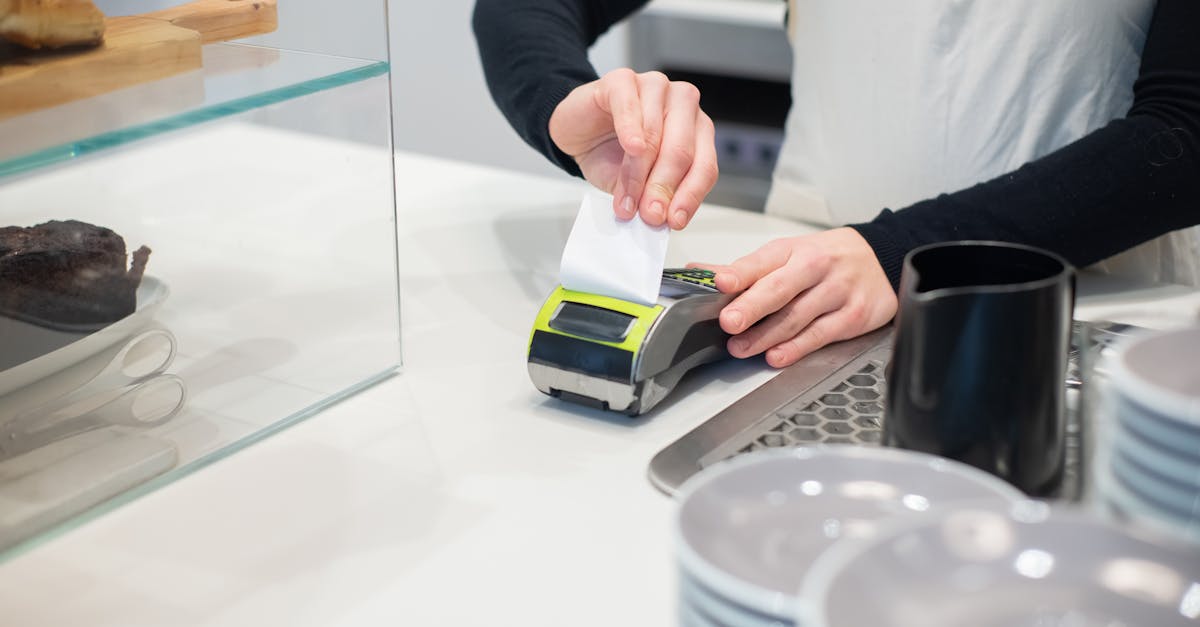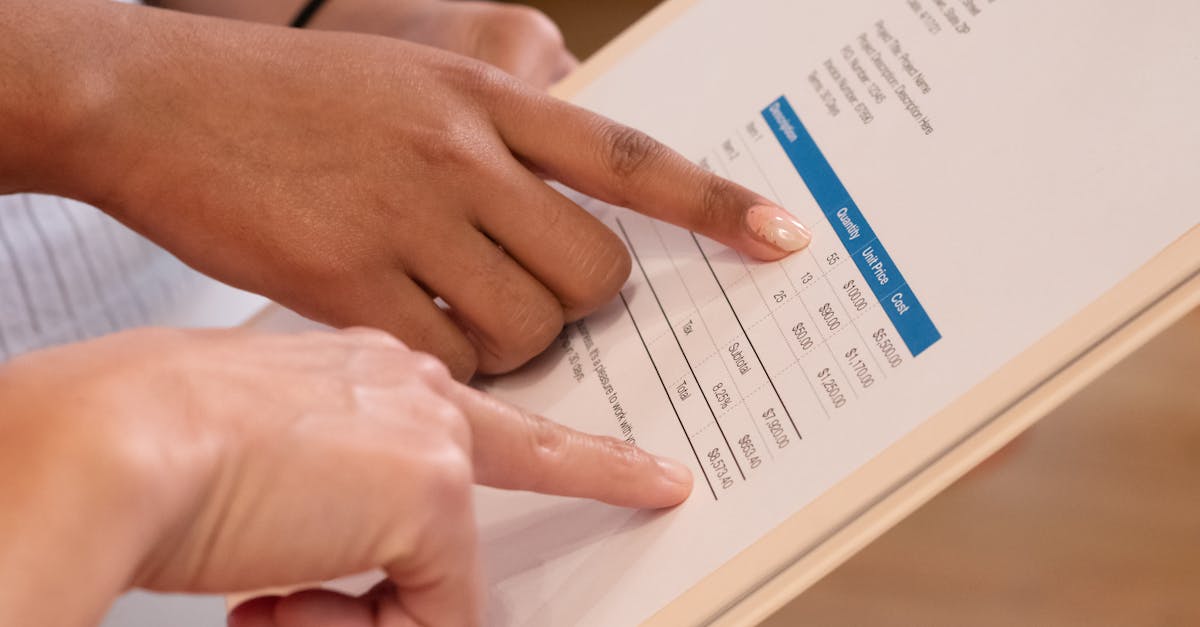When hurricane season looms, pool owners face the daunting task of safeguarding their backyard oasis. With storms capable of unleashing winds over 74 mph and torrential rains, preparation is crucial to minimize damage. Our goal is to ensure your pool remains a source of enjoyment, not stress.
We can't stress enough the importance of having a reliable pool service technician on hand before a storm hits. These experts provide invaluable advice on protecting your investment. From keeping your pool filled to weigh it down against storm forces to turning off power and securing loose items, strategic steps can make all the difference.
Key Takeaways
- Strategic Pool Preparation: Keeping pools filled during hurricanes anchors them against high winds, preventing potential structural damage. Avoid emptying the pool to prevent it from floating due to groundwater pressure.
- Power and Equipment Safety: Shutting off power to pool equipment like pumps and heaters protects them from storm-induced electrical damage. Cover these systems with waterproof materials for added protection.
- Securing Surroundings: Secure or remove loose items around the pool area to prevent them from becoming dangerous projectiles in high winds. This includes outdoor furniture, toys, and other movable objects.
- Post-Storm Inspection and Cleanup: After a hurricane, remove debris carefully without using vacuums initially. Inspect for water damage before reactivating electrical systems, ensuring everything is dry to prevent circuit issues.
- Professional Assistance: Engage professional pool service technicians when needed—especially if significant debris removal or equipment inspection is required post-storm—to ensure proper recovery and safety.
Preparing for Hurricane Season
Hurricane season is a time when our pools need special attention. Let's dive into some practical steps that pool service technicians can take to keep everything in shipshape.
Importance of Not Emptying the Pool
It's tempting to think emptying a pool before a hurricane is smart, but that's like leaving your car doors wide open in the rain. An empty pool might float out of the ground due to groundwater pressure, becoming an unexpected backyard boat! Keeping it filled helps anchor it during high winds and heavy rain. So, resist the urge to drain and let water be your ally against Mother Nature.
Power Shutoff and Equipment Protection
Imagine trying to use a hairdryer in a thunderstorm—it's just not safe! Similarly, turning off power to all pool equipment during hurricanes is crucial. We need to switch off pumps, heaters, chlorinators, and filters at the main electrical panel. This prevents water damage and extends equipment life. It's like giving our gadgets a little vacation from stormy weather chaos.
Securing Pool Areas and Loose Items
Ever seen what happens when you forget an umbrella outside on a windy day? It becomes airborne faster than you can say "Mary Poppins"! To prevent this kind of magic with loose items around the pool area, secure everything firmly or bring them inside if possible. Furniture covers make great capes for outdoor chairs too—no caped crusaders here!
Safety Measures During a Hurricane

When hurricanes roar through, our pools face potential damage. Let's dive into some practical steps to keep everything safe and sound.
Protecting Your Pool Pump and System
The pool pump is like the heart of your backyard oasis. Shutting off power at the circuit breaker prevents electrical damage during storms. Cover equipment with waterproof plastic for extra protection from floodwaters. Ever thrown a tarp over your bike in the rain? Same concept here—simple but effective! After the storm, inspect for water intrusion before flipping that switch back on.
Monitoring Surroundings
Loose items around the pool can become airborne missiles in high winds. Gather toys and furniture indoors or secure them with ropes if they're too bulky to move. Picture your inflatable swan taking flight; not quite what you had in mind when buying it, right? Keeping chemicals balanced also matters; adding chlorine helps prevent algae growth since equipment stays off during storms.
Aftermath: Pool Inspection and Cleanup

In the wake of a hurricane, our pools might look like they've hosted an impromptu forest party. Let's dive into the nitty-gritty of restoring them to their sparkling glory.
Removing Debris from the Pool
First things first, we tackle debris removal. Imagine your pool as a giant salad bowl that's been over-seasoned with leaves and branches. We grab our trusty nets or skimmers to scoop out foreign objects one by one. Avoid using pool vacuums at this stage—they're more likely to choke than clean with all that debris around! Ever tried vacuuming up marbles? Yeah, it's kind of like that. Safety tip—wear shoes if you need to step in; broken glass isn't part of any fun swim day!
Checking and Restoring Electrical Systems
With the jungle removed from our pool, attention shifts to electrical systems. It's crucial we inspect equipment for water damage before powering up anything. If your circuit breaker was off during the storm (good call!), now's time for it to shine again—once everything is dry! Think of it as waking up a sleepy robot after its nap; patience pays off here since rushing can lead to fried circuits.
If equipment got wet, professional help might be needed. Maybe consider channeling your inner detective and checking for signs like rust or corrosion on metal parts—it’s like solving a mystery without needing Sherlock Holmes!
Rebalancing Water Chemistry
After wrangling wires comes rebalancing water chemistry—the grand finale! Post-storm pools often resemble murky ponds rather than pristine oases due in part because storms love messing with pH levels (they’re inconsiderate guests that way). Testing kits become our best friends here—checking chlorine levels helps us avoid uninvited guests such as algae setting up camp.
Adding extra chlorine becomes essential when clarity resembles pea soup instead of crystal blue waters—but don’t go overboard lest everyone feels bleached out afterward! Regular circulation ensures chemicals spread evenly through every inch so no underwater corners get left behind feeling neglected.
Remember these steps aren't just chores—they bring back peace-of-mind knowing we're swimming safely once more while maintaining beautiful backyard havens even after Mother Nature throws wild parties above ground level... Looking forward already?
Professional Services for Post-Hurricane Recovery

After a hurricane, pool recovery becomes essential to restore its functionality and beauty. Knowing when to call in the experts can save time and prevent further complications.
When to Seek Expert Help
Sometimes, despite our best efforts, pool damage occurs. That's when professional assistance is invaluable. If electrical systems show signs of water damage, it's wise to consult a trained technician before restoring power. They possess the expertise needed to assess equipment safely and make necessary repairs.
Consider reaching out if debris removal feels overwhelming or hazardous. A professional service can handle large-scale cleanups efficiently, using specialized tools that aren't typically found in a homeowner's shed. And let's face it—no one wants their Saturday morning transformed into an impromptu workout with skimmers and nets!
Some issues might not be immediately apparent post-storm; structural damages often require expert inspection to ensure long-term safety. If you're uncertain about any aspect of your pool’s condition, getting a professional evaluation provides peace of mind.
Long-term Maintenance Tips
Long-term care keeps pools ready for future storms while enhancing longevity overall. Regular maintenance extends beyond just cleaning; it involves consistent monitoring of chemical levels too. Keeping chlorine balanced prevents algae growth—a green monster no one wants lurking in their backyard!
Scheduling routine check-ups with technicians helps identify minor issues before they escalate into costly repairs. This proactive approach maintains both aesthetics and functionality over time.
Investing in durable covers or barriers offers additional protection against elements year-round—not just during hurricane season! Plus, they cut down on daily upkeep by reducing debris accumulation.
Incorporate small habits like checking filters regularly or inspecting pumps can make a significant difference over time without requiring extensive effort from us homeowners! Remember: consistent care now means fewer headaches later on—and who doesn't want more stress-free days lounging by the pool?
Conclusion
As we navigate hurricane season, taking proactive steps ensures our pools remain safe and enjoyable. By keeping our pools filled and power off during storms, we protect against significant damage. Securing loose items helps prevent them from becoming dangerous projectiles. After the storm passes, thorough inspections and cleanups are crucial to restore our pools' pristine condition. Engaging professional services can make post-hurricane recovery more manageable, providing expert care for electrical systems or overwhelming debris removal tasks.
By maintaining regular pool care and preparation strategies year-round, we're not only safeguarding our investments but also ensuring peace of mind. Let's commit to staying vigilant in our preparations so that when the next storm comes, we'll be ready to face it with confidence knowing we've done everything possible to protect our backyard oasis.
Frequently Asked Questions
How should I prepare my pool for an impending hurricane?
To prepare your pool for a hurricane, keep it filled to prevent it from floating due to groundwater pressure. Secure or bring indoors all loose items around the pool area. Turn off power to all pool equipment at the circuit breaker and cover with waterproof plastic to protect from floodwaters.
Why is it important not to empty my pool before a hurricane?
Emptying your pool can cause it to float out of the ground due to groundwater pressure. Keeping it filled helps counteract these forces and protects the structural integrity of your pool during a storm.
What steps should be taken after a hurricane has passed?
After a hurricane, remove debris using nets or skimmers, inspect electrical systems for water damage before restoring power, and rebalance water chemistry by testing chlorine levels. If necessary, seek professional help for cleanup and inspection of potential structural damage.
Can I leave outdoor furniture near my pool during a storm?
No, leaving outdoor furniture unsecured can turn them into dangerous projectiles in high winds. Secure them properly or bring them indoors to prevent damage or injury.
Is professional assistance recommended post-hurricane?
Yes, if there are signs of electrical system damage or if debris removal is overwhelming, hiring professionals can ensure safety and efficiency. They can also inspect for hidden structural damages and handle large-scale cleanups effectively.
How do I maintain my pool’s chemistry after a storm?
Test your water chemistry promptly after the storm subsides. Ensure chlorine levels are balanced to prevent algae growth while circulation systems were inactive during the storm period. Regular maintenance will restore water clarity and safety.
Will covering my pool help during hurricanes?
It’s generally advised not to cover your pool as covers may become damaged by flying debris or strong winds. Instead, focus on securing loose items around the area and maintaining proper chemical balance within the water itself.








